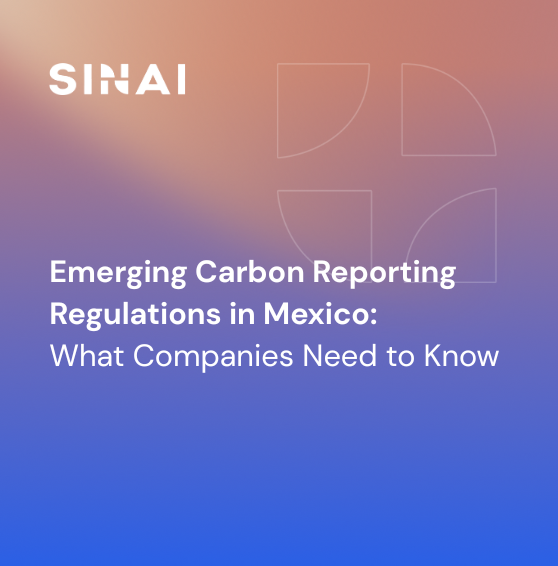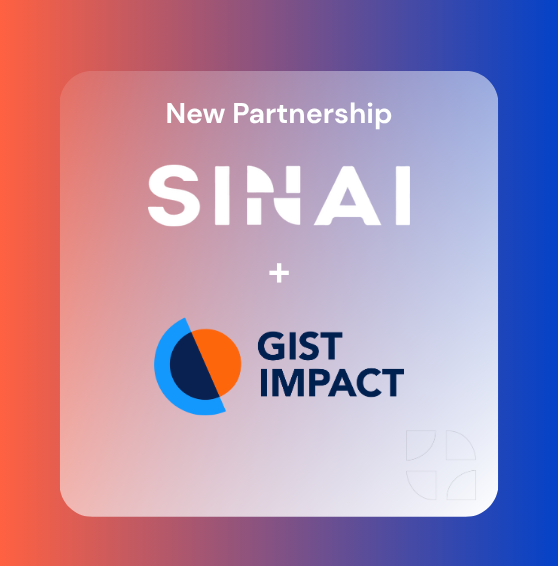
What is ESG Reporting?
In the current economic climate, corporate responsibility, sustainable business practices, and eco-friendly strategies are fast becoming essential. However, it’s one thing for an organization to make bold claims about incorporating sustainability into their business practices, greening their product development, processes, and operations, and working towards a net zero strategy. It’s another for them to conclusively prove it.
This is where environmental, social, and governance (ESG) reporting comes in. In this article, we’ll explain what ESP reporting is, why it’s so important for businesses, and how to create a robust ESG report.
ESG Reporting Explained
ESG reporting is the comprehensive disclosure of environmental, social, and governmental data. As is typical of any disclosure report, the aim of an ESG is to make clear a company’s sustainability and social responsibilities while enhancing investor transparency and rousing other companies to do the same.
An ESG report is an effective way for a company to come clean with investors, clients, and industry peers about what their short and long-term goals are regarding environmental and social impact on the planet, as well as demonstrating a genuine desire for improvement.
Without an ESG report, any company can tout a strong sustainability ethos and make empty promises about their future without being held responsible for their actualization.
As ESG reports become more mainstream, companies will be obligated to not only develop strong social and environmental strategies but also to commit to them wholeheartedly.
What’s Included In An ESG Report?
A typical ESG report includes both quantitative and qualitative data pertaining to its three main key points: environment, social, and governance.

- Environmental
What is this company doing to support the environment? The environmental section of an ESG report will ask this question, and then look at the following points of interest:
- What is being done to combat the effects of climate change
- How a company is actively reducing its carbon emissions
- Steps being taken to preserve biodiversity, counter deforestation, improve water and air quality, and responsibly dispose of waste
- What is being done to accomplish responsible resource and supply chain management
- How general emissions are being reduced
- Social
What is this company doing to uplift communities and improve lives? The social section of an ESG report looks at the relationship between a corporation and the social impact it has on the world.
- What is being done to nurture employees and company culture
- Prevalence of inclusivity initiatives for BIPOC and LGBTQA+ persons
- Employee engagement rates
- Involvement with the local community
- Protection and security of private data
- Labor standards and human rights
- Governance
The governance aspect of an ESG report takes a look at what an organization is doing to ensure its investments remain sustainable and steps being taken to prevent (and manage) corruption.
- An organization’s internal controls
- The principles, policies, and procedures regarding leadership, executive compensation, board composition, and audit committee structure of a company
- What measures are in place to prevent bribery and lobbying
- What are the protocols surrounding political contributions, shareholder rights, and whistleblower programs
Why Does ESG Reporting Matter?
Investors, clients, people and the planet deserve to know what to expect from companies going forward. There are many reasons why ESG reports matter, but there are three main ones that spearhead the growing initiative.
- Investor attraction – ESG is a crucial tool for businesses looking to attract investors. The transparency and commitment to a climate-compatible strategy are exactly what investors look for in an investment opportunity.
- Combating climate change – The climate is changing rapidly. Only companies that adapt to these changes and actively take steps to combat their negative impact on the environment will survive.
- Cultivating public trust – ESG establishes a good reputation with the general public. People want to know that organizations are doing everything they can to promote a more sustainable future for themselves and the planet.
In order to effectively combat climate change and prevent corporations from abusing precious resources, measures like an ESG report can push companies in a more sustainable direction.
Attaining ESG Compliance
To receive ESG compliance, a company must be scored by a third party on its ESG-related efforts. Once a comprehensive strategy has been put together, an assigned third party will grade it based on its risk exposure and ability to meet ESG requirements. The basic steps are:
- Build an ESG program in alignment with their company scale and respective requirements (a small local business will have different ESG requirements to a global franchise)
- Receive an ESG assessment from an approved third party
- Hit metrics that matter to the new generation of investors
Who Assigns ESG Scores?
Some of the approved third parties viable for performing an official ESG strategy assessment include:
- Bloomberg ESG Data services
- Sustainalytics ESG Risk Ratings
- Corporate Knights Global 100
- Dow Jones Sustainability Index family
In addition to these listed here, there are many other third parties who can provide the same service. In terms of the metrics that will determine your score, that depends on the nature, industry, and scale of your business.

However, the ratings assigned by third parties will center on the three elements ESG stands for environmental, social, and governance. They will be looking for tangible, actionable proof that your company is aware of these important topics and including them in its long-term business strategy.
How SINAI Can Help Your Business Attain Its ESG Goals
It’s more important now more than ever for organizations to have comprehensive ESG policies in place. Navigating the regulations and compliance scores can be challenging but there are places you can turn to for advice, structure, and guidance within each element of environmental, social and governance issues.
SINAI is a US technology company focused on optimizing how organizations monitor, analyze the risks of, and reduce carbon emissions. Our leading enterprise software helps companies wanting to develop long-term decarbonization strategies.
Get in touch for a demo today.

%20(7).png)









